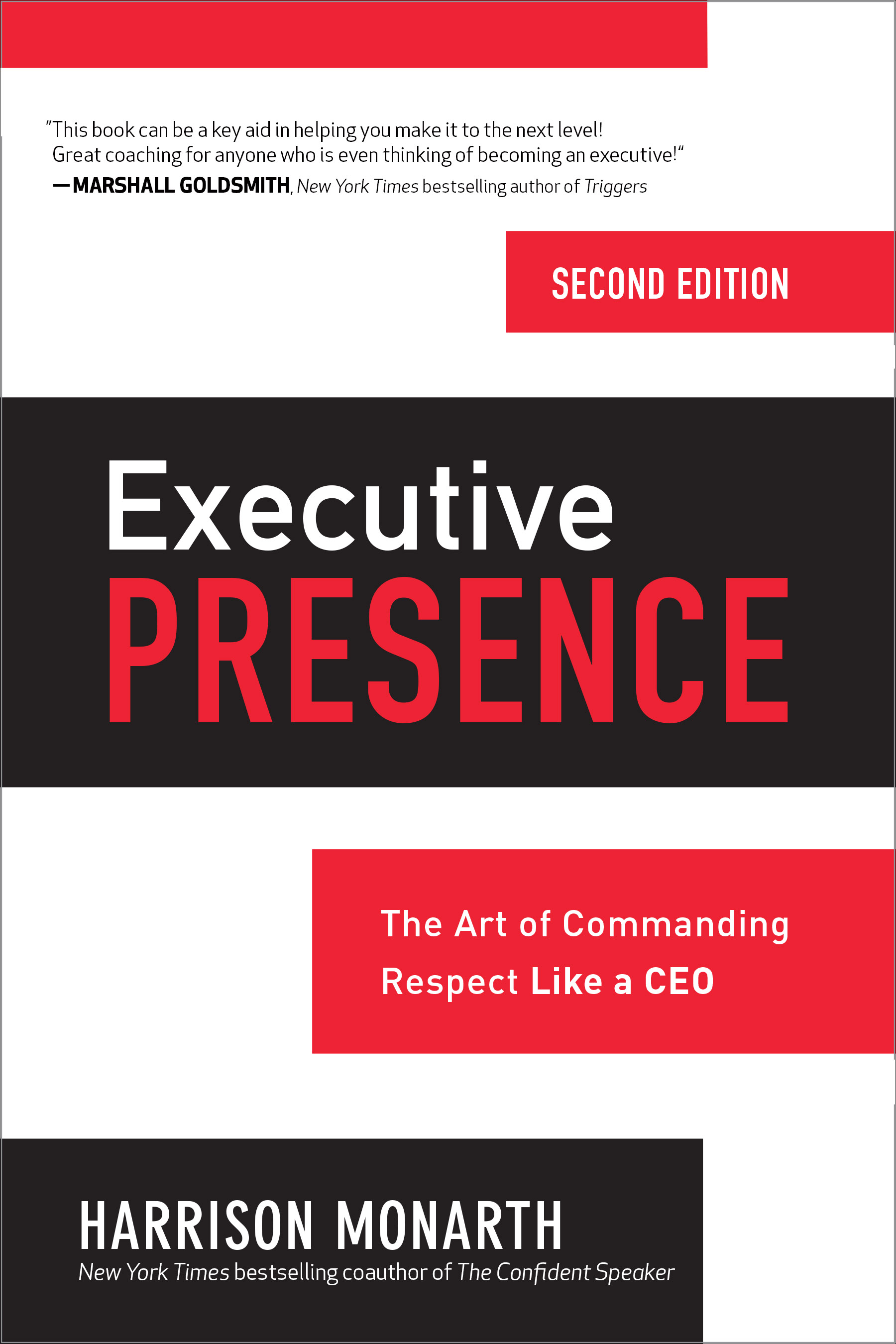As important as awareness of your own thoughts and actions is, if your self-perception is at odds with how others see you, you’re operating in the dark. Eurich’s definition of external self-awareness is succinct: “understanding how other people view us.” Do others see in us the same values, passions, aspirations, and behaviors that we see in ourselves? If not, why not? This is important, because Eurich notes that those whose self-image lines up with the image others have of them are more likely to get along better with those others and have more productive working relationships with them.
Unlike internal self-awareness, where you can do much of the work on your own, developing external self-awareness requires feedback from others — be it from a mentor, informally from your colleagues or customers, or via a more formal 360-degree assessment.
Unfortunately, while many people like to say “I welcome criticism,” in fact most of us do not welcome it at all. Writer Kristin Wong highlighted a series of experiments in which participants would rather talk to people who had a high opinion of them than talk to those who had an accurate one. As one of the authors of the study noted, “Individuals tend to enjoy their own relationships more with people they believe see them in desirable ways.” In short, we’d rather be inaccurately praised than accurately perceived.
Yet it is also true that most of us don’t want to be “caught out,” cluelessly thinking we’re killing it while our coworkers are shaking their heads at our ill-fated efforts. One colleague of mine admits that she simply “hates being wrong — hates it. But the only thing worse than being wrong is not knowing that I’m wrong.”
And that’s where feedback comes into play. A trusted mentor, a boss who has your best interest at heart and wants to see you succeed, even a colleague whom you may find a bit prickly but whose straightforwardness you value — they can all be great resources in providing you with a different perspective, if not valuable constructive criticism. The point is, you want to turn to people whose feedback you can trust and who you know will be honest in their assessment of you. This can also be a good way of building up your tolerance for such instruction: If you can get good feedback from a trusted source or advisor, then you’re more likely to see the upsides of feedback overall.
One note of caution when asking colleagues for targeted feedback: Unlike a mentor or boss who’s invested in your success, colleagues may be less comfortable giving an overall assessment than they would in offering specifics, so you have to ask questions of limited scope. If you worked on a project with someone whose feedback you’d find valuable, ask the person how he or she thought it went — what specifically worked well and what could have been even better. By asking with humility and without the slightest hint at indignation—that includes wrinkling your nose, furrowing your brow, or squinting your eyes — you stand a much better chance of mining feedback gold as opposed to receiving anodyne observations that help no one, least of all you.

Excerpted from Executive Presence: The Art of Commanding Respect Like a CEO, pages 23-25. McGraw-Hill, July 22, 2019.
Follow us here and subscribe here for all the latest news on how you can keep Thriving.
Stay up to date or catch-up on all our podcasts with Arianna Huffington here.

